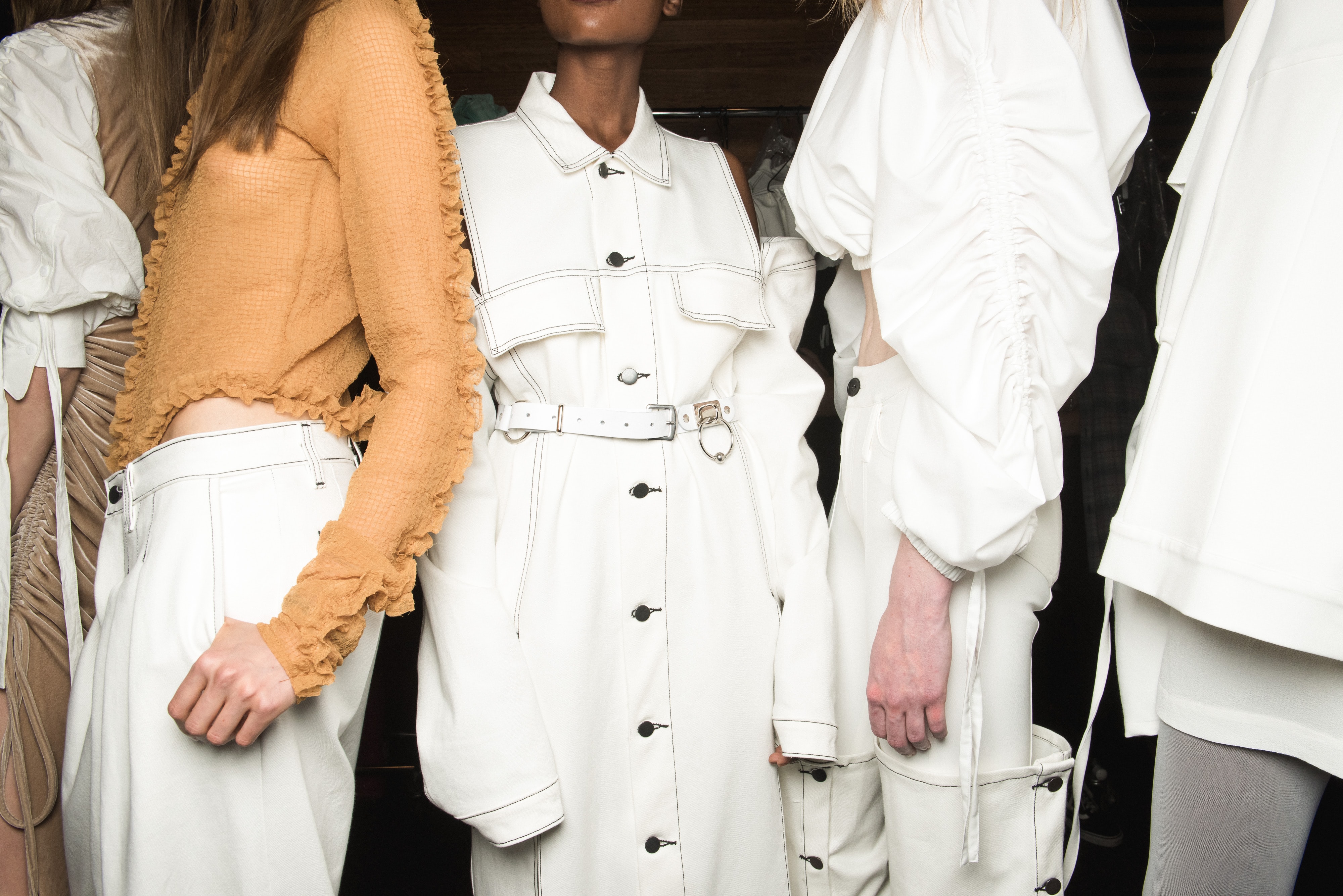
In fashion these days, everything moves at the speed of light. Even my basic shopping habits have changed dramatically in the last year. The "Save Ralph" commercial, which reveals the horrifying and unethical animal testing, knocked me for a change. To the contrary, I had thought of myself as a conscious consumer until now, it was enough for me to know that I was acting irresponsibly and that I was only concentrating on just a tiny part of the big picture. Is it really worth putting animals in cages and keeping them away from their natural environments just to make our skin look brighter? Even noticing this was a key change for me, but it was not enough.
Take a moment for Gen-Z if you're curious to know about how and when all consumer habits started to change, as well as the influence of their presence in the fashion industry. Challanges of the traditional consumer and the digitalized generation are clearly distinct. In this phase, big fashion brands should rethink their strategies and take an action that will convince both sides. The key to do this is to target the generation who spends more than half of their day on Instagram with content creation, but also offering an experience for traditional shoppers who want to go to a store and look at a dress on a hanger. The theme of next year, according to most fashion brands, will be “store interaction”, both post - millennials and classic consumers will come together on an unifying theme.
On the other hand, it's hard to rely solely on the store experience of social networks such as Facebook, which had 2.5 billion monthly active users in September 2019, Instagram, and WeChat, which each had over one billion users. The average cost of digital ads has risen by 12% in the last two years, according to a report. In 2019, Facebook's turnover was over 69 billion dollars. Furthermore, consumers are confused and overstimulated with companies' aggressively possessive approach. Users that are continually exposed to ads when scrolling down Instagram come to a point where they are turned off by the brand.
As a result, static advertisements that hit the audience in the shortest amount of time will lose all sense in the future, and storytelling and communication campaigns will become more important for fashion brands. Artificial intelligence, of course, would play a significant role in the digital world. From the viewpoint of advertisers, virtual reality model apps like TikTok can turn into “hiper-customized” afterall.
Author: Zeynep Gür